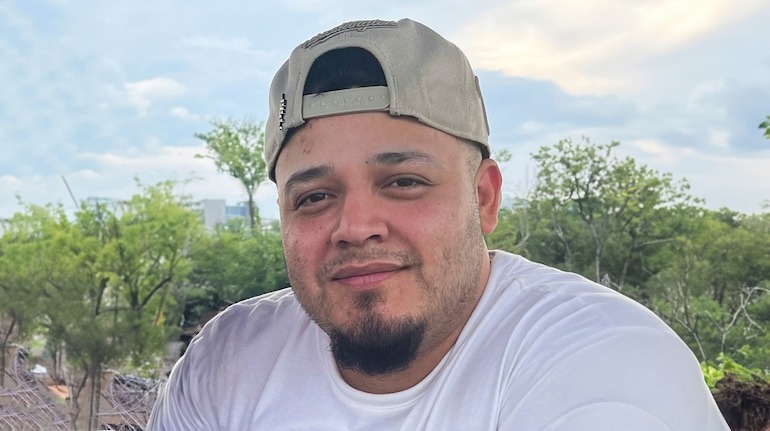
On Thursday, the U.S. Supreme Court directed the federal government to facilitate the return of Kilmar Abrego Garcia, a Salvadoran national mistakenly deported despite having legal protection. The 29-year-old had lived in the U.S. for approximately 14 years, working in construction and raising three children with disabilities alongside his U.S. citizen wife.
Abrego Garcia had been accused in 2019 of being a member of MS-13, a charge he consistently denied and for which he was never prosecuted. A U.S. immigration judge later found that he was likely to face persecution in El Salvador and granted him protection from deportation. Nonetheless, the Trump administration deported him last month, later citing the action as an “administrative error.”
Early Life in El Salvador and Gang Threats
Abrego Garcia grew up in San Salvador, El Salvador. His father, a former police officer, and his mother, a pupusa vendor, ran a family business that was later targeted by the Barrio 18 gang. The gang extorted money from the family and threatened his brother Cesar and later Abrego Garcia himself.
After years of threats, the family shut down their business and sent Abrego Garcia to the U.S. at age 16. They never approached authorities due to widespread police corruption. The gang continued to harass the family even after they moved to neighboring Guatemala.
Building a Life in the U.S.
After arriving in Maryland in 2011, Abrego Garcia reunited with his brother Cesar, who had become a U.S. citizen. He found work in construction and met his future wife, Jennifer Vasquez Sura. By 2018, he had moved in with her and her two children.
In 2019, he was arrested while seeking work outside a Home Depot. He was questioned about gang membership and later detained by ICE based on claims from a confidential informant alleging ties to an MS-13 group in New York—a city where he had never lived.
An immigration judge initially denied his asylum claim but granted him protection from deportation. After being released from detention, Abrego Garcia received a work permit, joined a union, and worked full time. He and his wife, now married, were raising three children with special needs.
Mistaken Deportation and Supreme Court Intervention
Despite the court's protection order, Abrego Garcia was detained again in March 2024 and deported. At the time, he was with his son. ICE called his wife and gave her 10 minutes to retrieve the child before involving child protective services.
He was questioned about innocent photos, including one of him playing basketball and visiting a restaurant. He continued to deny gang ties.
The U.S. Supreme Court has now intervened, rejecting the federal government's claim that his return was unfeasible. Abrego Garcia is expected to return to the U.S. to continue his legal proceedings and reunite with his family.

 Share
Share
_1152292510_100x75.jpg)

_1445939941_100x75.jpg)
